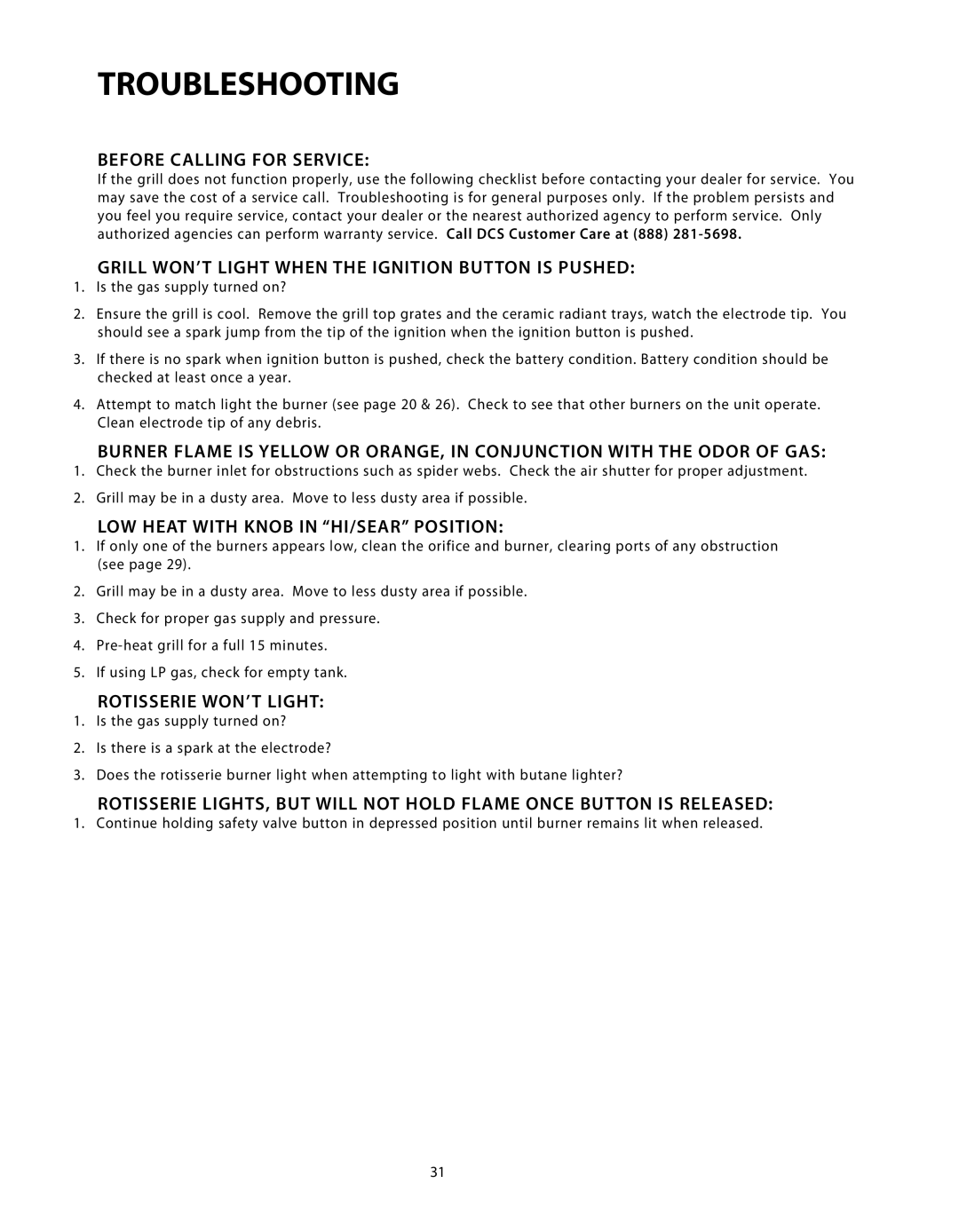BGB48-BQAR, BGB48-BQR specifications
The DCS BGB48-BQR and BGB48-BQAR are cutting-edge battery systems designed for a range of applications, primarily focusing on delivering reliable energy storage solutions. These models are part of a contemporary line of products that exemplify advanced technologies in battery management and energy efficiency.One of the key features of the BGB48-BQR and BGB48-BQAR is their high energy density, which maximizes the usable energy within a compact form factor. This is particularly beneficial for applications that require a substantial amount of energy but have limited space for battery installation. The sleek design not only enhances the aesthetics of installations but also allows for flexible integration into existing systems.
The technology utilized in these batteries includes lithium-ion cells, which are renowned for their longevity and performance. With a cycle life that often surpasses 3,000 cycles, users can expect these batteries to maintain their capacity over extended periods, reducing the need for frequent replacements. This durability translates into lower operational costs and less environmental impact.
Another standout characteristic is the sophisticated Battery Management System (BMS) integrated into both models. The BMS continuously monitors the health of each battery cell, ensuring optimal performance and safety. It balances charging and discharging processes, mitigates risks of overcharging or overheating, and extends the overall lifespan of the battery. Additionally, the BMS provides real-time data to users, facilitating informed decision-making regarding energy consumption and battery usage.
Safety is a paramount consideration in the design of the DCS BGB48-BQR and BGB48-BQAR systems. These batteries incorporate multiple layers of protection, including thermal management that prevents overheating, as well as protective circuits that safeguard against short circuits and electrical surges.
Furthermore, both models support various communication protocols, enabling seamless integration with smart energy systems. This feature allows them to interact with solar panels, inverters, and grid systems, making them suitable for renewable energy applications and storage.
In summary, the DCS BGB48-BQR and BGB48-BQAR represent the forefront of battery technology with their high energy density, advanced BMS, robust safety features, and adaptability for a diverse range of applications. These characteristics make them an ideal choice for businesses and individuals seeking efficient, reliable, and sustainable energy storage solutions.
